- How Department of Disaster Management Affairs feasted on K780M
BY GOLDEN MATONGA & SUZGO CHITETE
Leaked expenditure reports on the K6.2 billion allocated by the Malawi government as a Covid-19 response – and which critics fear has been plundered – indicate that much of the money was spent on allowances and logistics, rather than on essential services such as supplies to hospital.
President Lazarus Chakwera has commissioned a forensic audit of the K6.2 billion amid public fears that the funds disbursed in August 2020 were abused
The reports further show duplication of activities and costs in the 15 Covid-19 clusters falling under the Department of Disaster Management Affairs.
President Lazarus Chakwera recently announced a forensic audit to probe expenditure by the “clusters” after allegations surfaced that the K6.2-billion had gone up in smoke.
The expenditure trend for September to December last year on the watch of Chakwera and Tonse Alliance appears similar to that of April to June 2020 under president Peter Mutharika and Democratic Progressive Party.
The disaster management department blew K780 million in Covid-19 funds in what analysts described as unjustified allowances.
Local councils spent 47 percent of Covid-19 resources allocated to on risk allowances, daily allowance, lunches and fuel refunds. The reports show that 11 percent went on procurement of PPE.
Some of the cluster reports, especially those provided by the employment and labour cluster, lacked critical details such as how the money was allocated.
The Malawi Defence Force requested K272 million for providing security at Bingu Field Hospital at Bingu National Stadium in Lilongwe over the three months – an amount significantly higher than the K199 million allocated to Mzuzu Central Hospital, the largest hospital in northern Malawi, for its Covid-19 response.

However, the money was not spent on Covid-related activities. A letter from the defence force dated February 4 2021 signed by Lieutenant Colonel Mlotha on behalf of the defence force commander Vincent Nundwe acknowledged receiving K85 million for its Covid response.
But Mlotha added that the money had not been used for this purpose “Due to the commitment [the defence force] had for the rotation of its troops who were deployed in DRC for UN peacekeeping operations from December 1 2020 until January 21 2021”.
In the letter the defence force also says it diverted K100 million meant for border patrols and other internal Covid-19 response activities to the stadium field hospital.
However, it says the total cost of guarding the national stadium was K272-million, leaving a shortfall of K172-million.
In the letter, MDF says that its main Covid response is safeguarding the national stadium and supporting the Health Ministry in the smooth running of the field hospital.
Health cluster

The health cluster through the ministry spent K3 billion on Covid-related activities between July and September 2020, including K82 million on the procurement of equipment which reportedly included 50 patient monitors for Covid-19 treatment units, and K26 million on monitoring and evaluation.
Major hospitals were allocated K1.4 billion. Kamuzu Central Hospital received K415.5 million, Mzuzu Central Hospital K199.9 million, Queen Elizabeth Central Hospital K436.2 million, Zomba Central Hospital K347.7 million and Zomba Mental Hospital K17.5 million.
Between October and December 2020, the ministry spent K1.4 billion, including included K25 million for the rehabilitation of Covid-19 treatment units, K189.8 million for supply and installation of oxygen gas plant at Kamuzu Central Hospital, K105 million for procurement of Covid-19 treatment units, K138 million on monitoring and evaluation activities and communication.
A total of K850 million is yet to be paid for the procurement of personal protective equipment (PPE) for health workers and patients.
The ministry received a further K160 million covering January to March, mostly for administrative work including monitoring and evaluation.
Disaster management department
Details have emerged of how K780 million in Covid-19 funds was blown between April and June 2020 in what analysts have described as unjustified allowances by Cabinet ministers and Department of Disaster Management Affairs
Documents we have seen show that the money was spent on allowances through endless meetings at a time frontline health worker lacked personal protective equipment and other critical needs such as oxygen to treat patients with Covid-19 complications in public hospitals.
The expenditure vouchers, memos, loose minutes, payment vouchers, cheques, signing sheets, payment receipts and invoices detail how Department of Disaster Management Affairs blew the K780 million, enough to purchase about 3 400 oxygen regulators at K230 000 each.
The records show that most of the expenditure catered for allowances for Department of Disaster Management Affairs officials who purportedly conducted monitoring and inspection. The allowances were also extended to Cabinet ministers, including members of the Presidential Task Force on Covid-19, members of Parliament, the clergy and traditional leaders.
Further, the records show that some allowances were paid to journalists. But the journalists, including some from Nation Publications Limited, have said they were never paid, casting doubt on the authenticity of the records.
The revelations on the K780 million blown during the first three months of Covid-19 response in the country managed by the Peter Mutharika administration come at a time President Lazarus Chakwera and his Tonse Alliance team are embroiled in a controversy over K6.2 billion Covid-19 response funds disbursed last August.
In the K780 million case, members of the Presidential Task Force on Covid-19 such as chiefs, civil society organisations and religious leaders were often accommodated at The President’s Hotel at an average of K200 000 per night.
In terms of fuel refunds, the officials were getting up to K300 000 for a round trip from Blantyre to Lilongwe.
Details have emerged of how K780 million in Covid-19 funds was blown between April and June 2020 in what analysts have described as unjustified allowances by Cabinet ministers and Department of Disaster Management Affairs
Documents we have seen show that the money was spent on allowances through endless meetings at a time frontline health worker lacked personal protective equipment and other critical needs such as oxygen to treat patients with Covid-19 complications in public hospitals.
The expenditure vouchers, memos, loose minutes, payment vouchers, cheques, signing sheets, payment receipts and invoices detail how Department of Disaster Management Affairs blew the K780 million, enough to purchase about 3 400 oxygen regulators at K230 000 each.
The records show that most of the expenditure catered for allowances for Department of Disaster Management Affairs officials who purportedly conducted monitoring and inspection. The allowances were also extended to Cabinet ministers, including members of the Presidential Task Force on Covid-19, members of Parliament, the clergy and traditional leaders.
Further, the records show that some allowances were paid to journalists. But the journalists, including some from Nation Publications Limited, have said they were never paid, casting doubt on the authenticity of the records.
The revelations on the K780 million blown during the first three months of Covid-19 response in the country managed by the Peter Mutharika administration come at a time President Lazarus Chakwera and his Tonse Alliance team are embroiled in a controversy over K6.2 billion Covid-19 response funds disbursed last August.
In the K780 million case, members of the Presidential Task Force on Covid-19 such as chiefs, civil society organisations and religious leaders were often accommodated at The President’s Hotel at an average of K200 000 per night.
In terms of fuel refunds, the officials were getting up to K300 000 for a round trip from Blantyre to Lilongwe.
Our checks with drivers and other officials in government show that a V8 or VX engine, regarded a fuel guzzler and most common vehicle used by top government officials, consumes about K120 000 worth of fuel for such a trip.
Presidential Task Force
Contrary to claims at the time that no member of the Presidential Task Force on Covid-19, specifically Cabinet ministers, received “Covid allowances”, the documentation we have seen shows that the Cabinet ministers were being paid airtime and ‘professional’ allowances.
The records show that the first two task force meetings cost government about K14 million in allowances and hotel bookings. The payment was sanctioned by the office of the Chief Secretary to the Government through memos to Commissioner for Department of Disaster Management Affairs.
The documents we have seen show that co-chairpersons of the Mutharika-appointed COVID-19 task force, namely then minister of Finance Joseph Mwanamvekha and Dr. John Phuka, were getting K90 000 per session with K50 000 classified as professional allowance and K40 000 as airtime allowance. Yesterday, Mwanamvekha did not pick our calls despite several attempts.

The rest of the task force members, including then Leader of Opposition in Parliament Lobin Lowe, Cabinet ministers Everton Chimulirenji, Jappie Mhango, Mark Botomani, Mary Navicha, Clara Makungwa, Bright Msaka and Ben Phiri were getting K65 000 each (K45 000 as professional allowance and K20 000 for airtime).
Commenting on the allowances paid to Cabinet ministers, University of Malawi’s Chancellor College-based policy analyst Happy Kayuni said while it might have been legally justified, it is not in line with new public management philosophy.
He wondered how ministers volunteered to have a salary cut on account of COVID-19 only to claim an allowance for the same cause.
“The public sector should borrow from the private sector that while the allowance maybe justified, is there value for money? Public sector reforms must address this extravagance,” said Kayuni.
Besides meetings, Cabinet ministers in the task force also undertook inspection tours around the country and each drew K70 000 per day.
In a letter dated June 5 2020, the Chief Secretary at the time Lloyd Muhara asked for funds to allow task force members visit various districts for monitoring purposes and K13 million was released.
MPs under the parliamentary committees on Health and Media also had their share of the cake for visits to districts on April 27 2020, according to the documents. The trips drew K4 million from the purse.
On May 27 2020, the Department of Disaster Management Affairs spent another K4 million on members of the same committees to visit some centres.
During the trip, the ministers and MPs were paid K165 000 in allowances (K55 000 per day) and allocated various fuel reimbursements ranging from K58 000 to K122 000.
Department of Disaster Management Affairs on the move
During the period under review, Department of Disaster Management Affairs staff embarked on nationwide trips to inspect and monitor various aspects of the COVID-19 response.
Subsequently, Department of Disaster Management Affairs spent more on allowances, payments to upmarket hotels for food, accommodation and conferencing.
In one case, a Department of Disaster Management Affairs official was paid K4 million in allowances to facilitate the return of refugees.
On May 7 2020, K10 million was spent on allowances for nine officials to facilitate the setting up of screening units at border posts.
In another instance, Department of Disaster Management Affairs spent K17 million mostly in allowances to monitor the arrival of Malawians returning from South Africa while K30 million was spent for a similar exercise on May 30 2020.
While Presidential Task Force on Covid-19 press briefings were known to be without allowances for journalists, payment vouchers we have analysed
From July 2020 to January 2021, the department received K595 million, including K39.1 million that was spent on 28 meetings of the Presidential Task Force on COVID-19.
The records show that the task force held four to five meetings per month. There were also three regional interface meetings with traditional and religious leaders, district commissioners and people with disabilities.
The department said it spent K10.2 million on fuel refunds for the 28 task force meetings and K253.9 million on daily allowances for officers who conducted screening and testing, provided security, disinfection, clearing goods and immigration facilities for Malawians returning to the country.
A total of K42 million is listed as expenditure on food for the 21 422 returnees.
On average, 115 officers worked at reception centres for returnees, including officials from health, the police, immigration, the defence force, social welfare and disaster management
The department also indicates that it met transport expenses for 610 deportees from Mwanza or reception centres to their district of origins. The transport allocation ranged from K5 000 to K18 000 while K36 million was spent on fuel for the reception of returnees, including hired vehicles such as MDF trucks and ambulances.
It reported that K2 million was spent on maintenance at Nalikule Teachers College and K9.7 million on maintenance at Mapanga Prisons Training School.
A further K24 million was spent on maintenance of vehicles while K97 million was spent on disinfecting government offices at Capital Hill and City Centre in Lilongwe.
Education Cluster
The education cluster report shows the cluster was allocated K100 million, K11 million of which was spent on COVID-19 assessments nationally, at 889 public and private primary schools in all 34 education districts.
The cluster also said it collected data on the impact of COVID-19 on schools in an exercise that cost K15. 4 million.
It transferred K20 million to the health ministry to support the tertiary sector in a bid to increase health personnel for the COVID-19 response.
A total of 267 unspecified gadgets were to be purchased for K53.4 million to support biomedical students at the College of Medicine, a constituent college of the University of Malawi.
Local government

The local government cluster was allocated K1.3 billion for all councils, Mzuzu Central Hospital and Kamuzu Central Hospital in Lilongwe.
Between August last year and January 31 this year, about K1 billion was spent. The two central hospitals also received a share of the health cluster allocation.
The councils spent 47 per cent of the allocated Covid-19 resources on allowances including risk allowances, daily allowance, lunches and fuel refunds. The reports show that 11 per cent went on procurement of PPE.
National Intelligence Service
The National Intelligence Service is among the security agencies that received funding, but its expenditure details were not shared publicly with the task force.

NIS director-general Dokani Ngwira said the security agency had provided an expenditure report but asked the task force to limit access to its details.
“We asked for caution on how our information should be treated as it has security implications,” he said.
Expert Reactions
Reacting to the expenditure reports, the professor of economics at the University of Malawi’s Polytechnic, Betchani Tchereni, expressed concern that the bulk of the funding had been spent on logistics and allowances.
He said the trend reflects a deeply entrenched allowances culture where public servants look at disasters as opportunities to make money.

Tchereni said the cluster reports reflect a lack of proper accounting standards; alternatively, people had presented sub-standard reports either from incompetence or to conceal information for personal benefit.
Health rights activist Maziko Matemba yesterday bemoaned the wastage, saying prudent investment of the funds could have transformed the health sector.
“The field hospitals are temporary. We should have used the resources to strengthen our health care system with proper infrastructure that would help us contain Covid and be around for some time, to be used other health issues,” he said.
Other clusters
Malawi Police Service received K100 million but utilised K72 million largely for enhancing prevention of the spread of the virus through procurement and distribution of PPE and other supplies.
The social support cluster spent K21 million of K72 million allocated to it on allowances and fuel, K9 million on an orientation workshop. Only K15 million was spent on the procurement of PPE for the frontline workforce. Soe K5-million was spent on support for the elderly.
A sum of K20 million was allocated for the protection of street children, mainly for civic education.

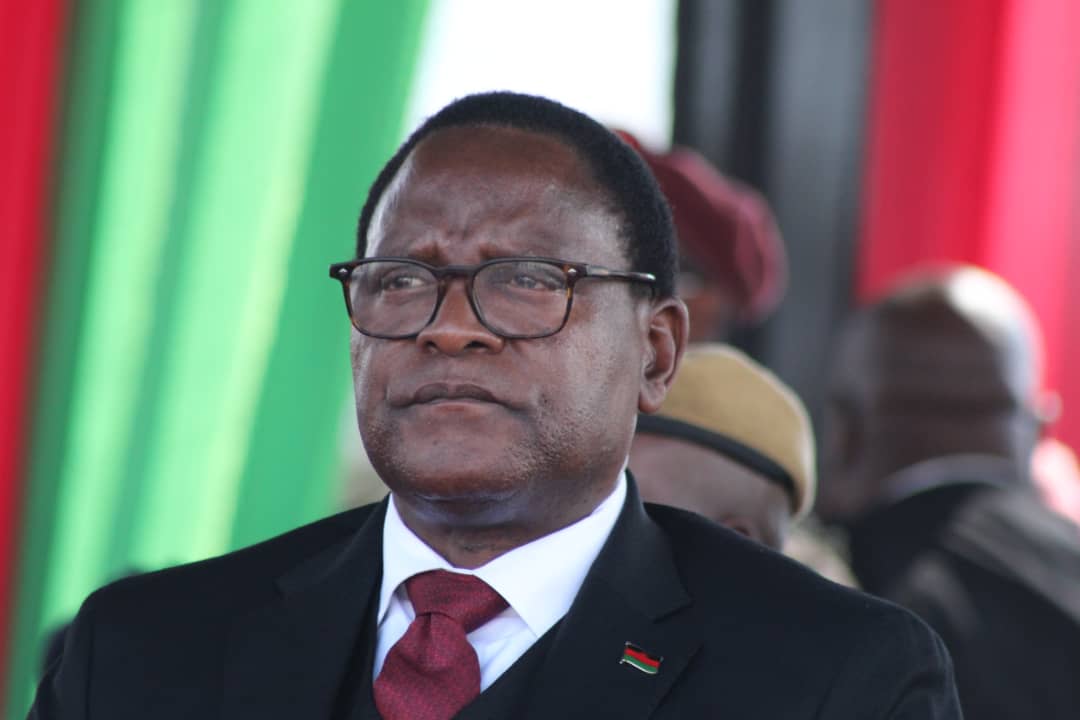

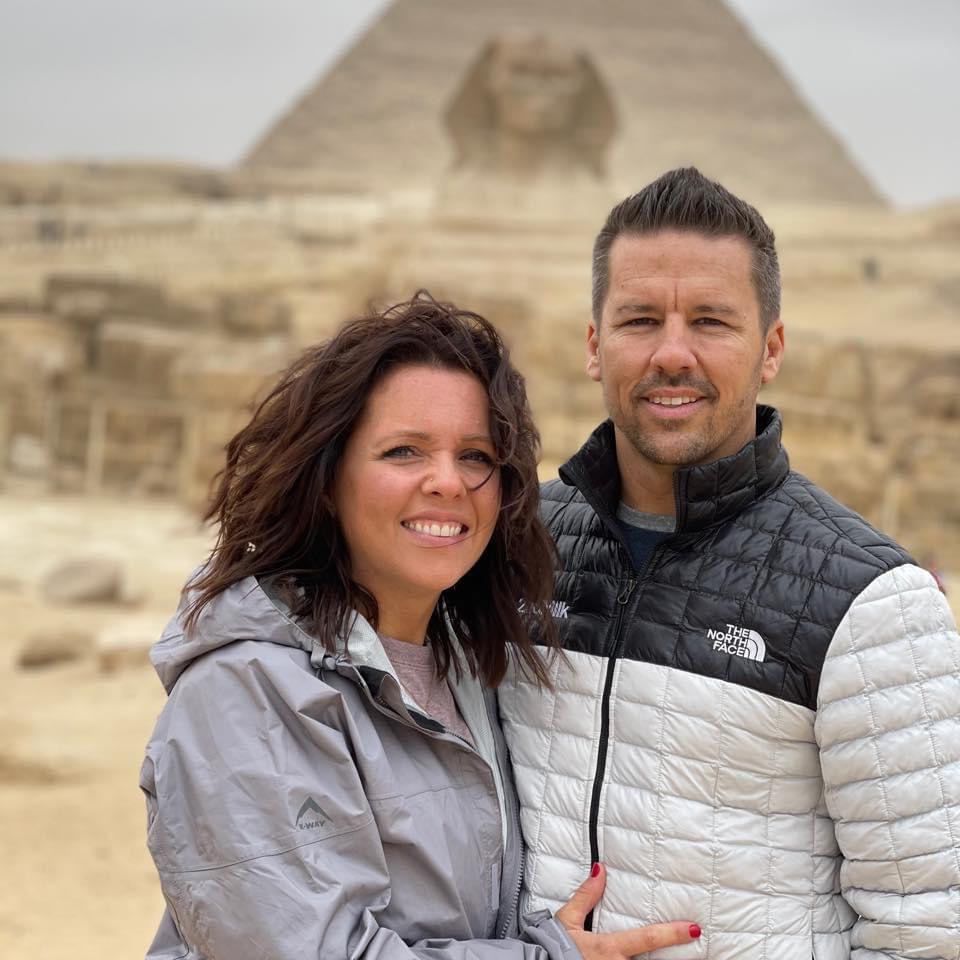
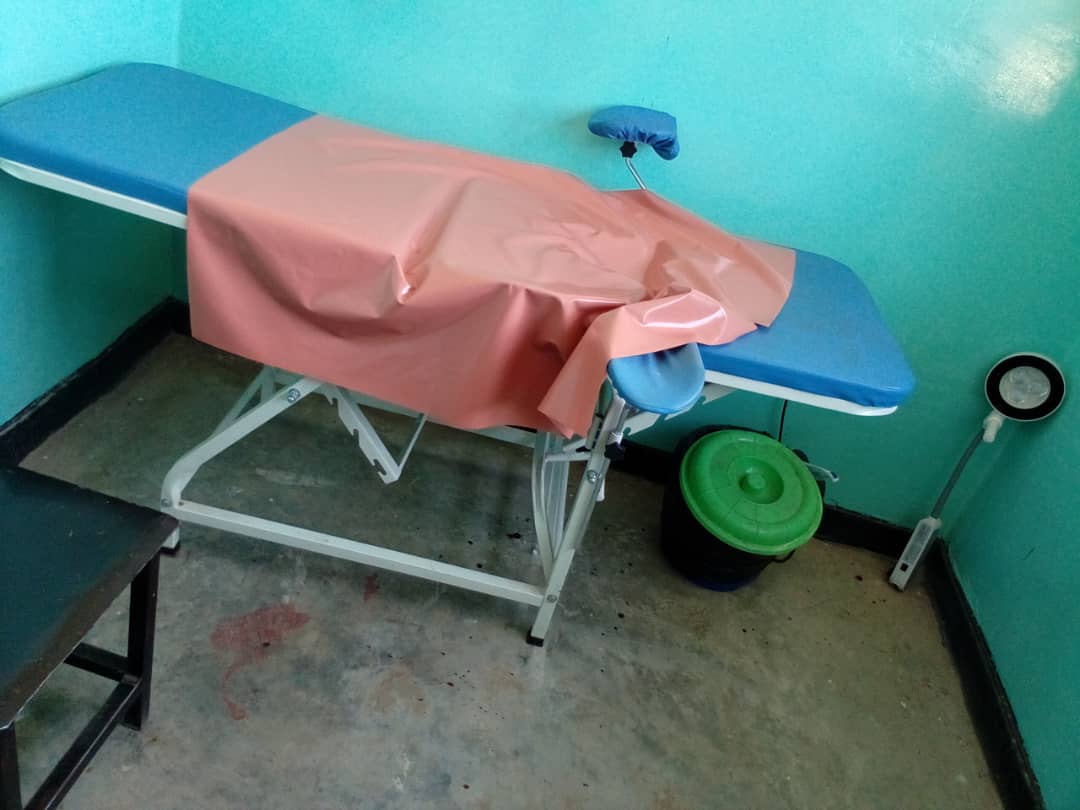

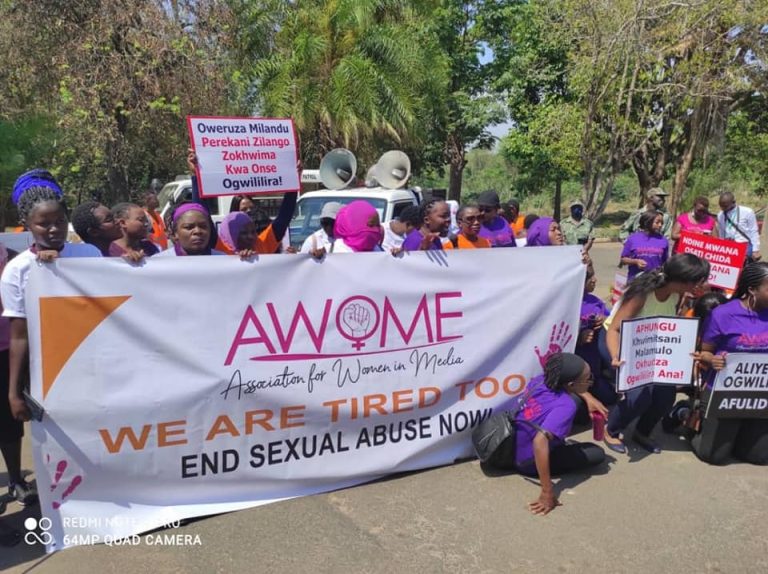
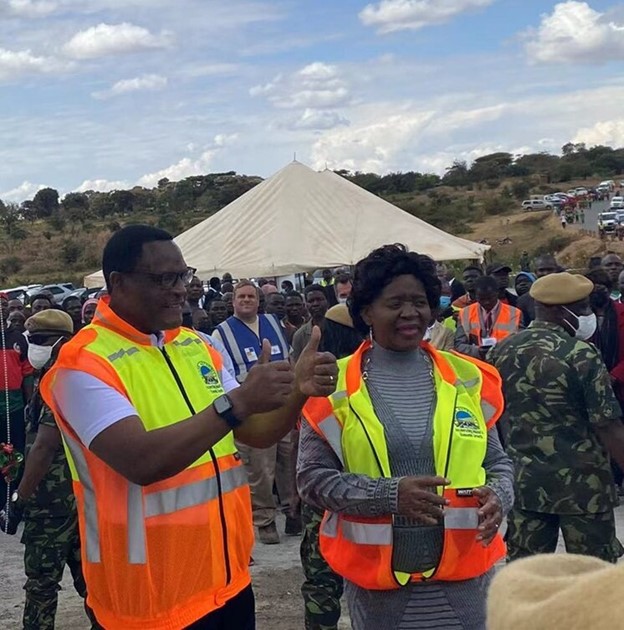
.jpg)
